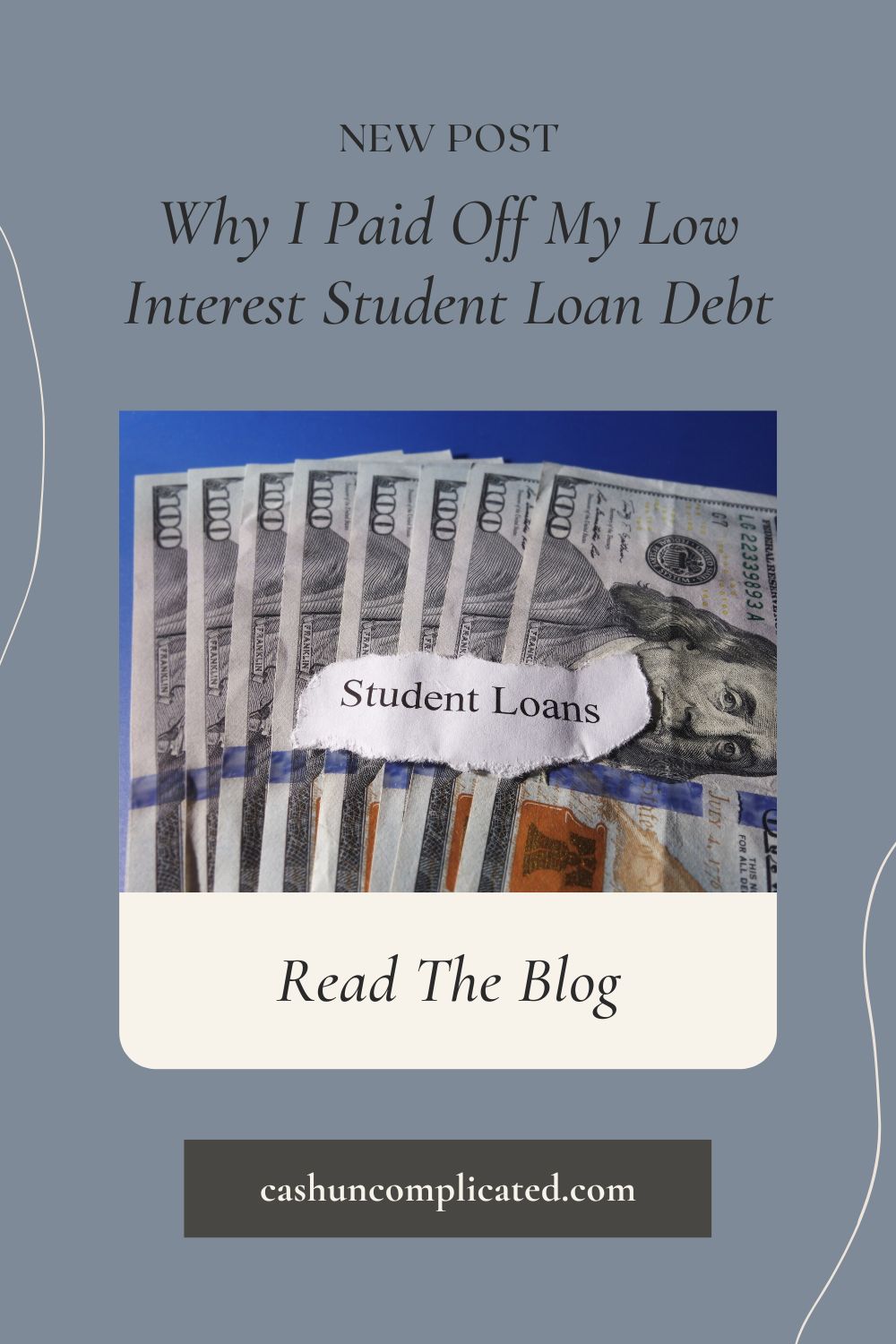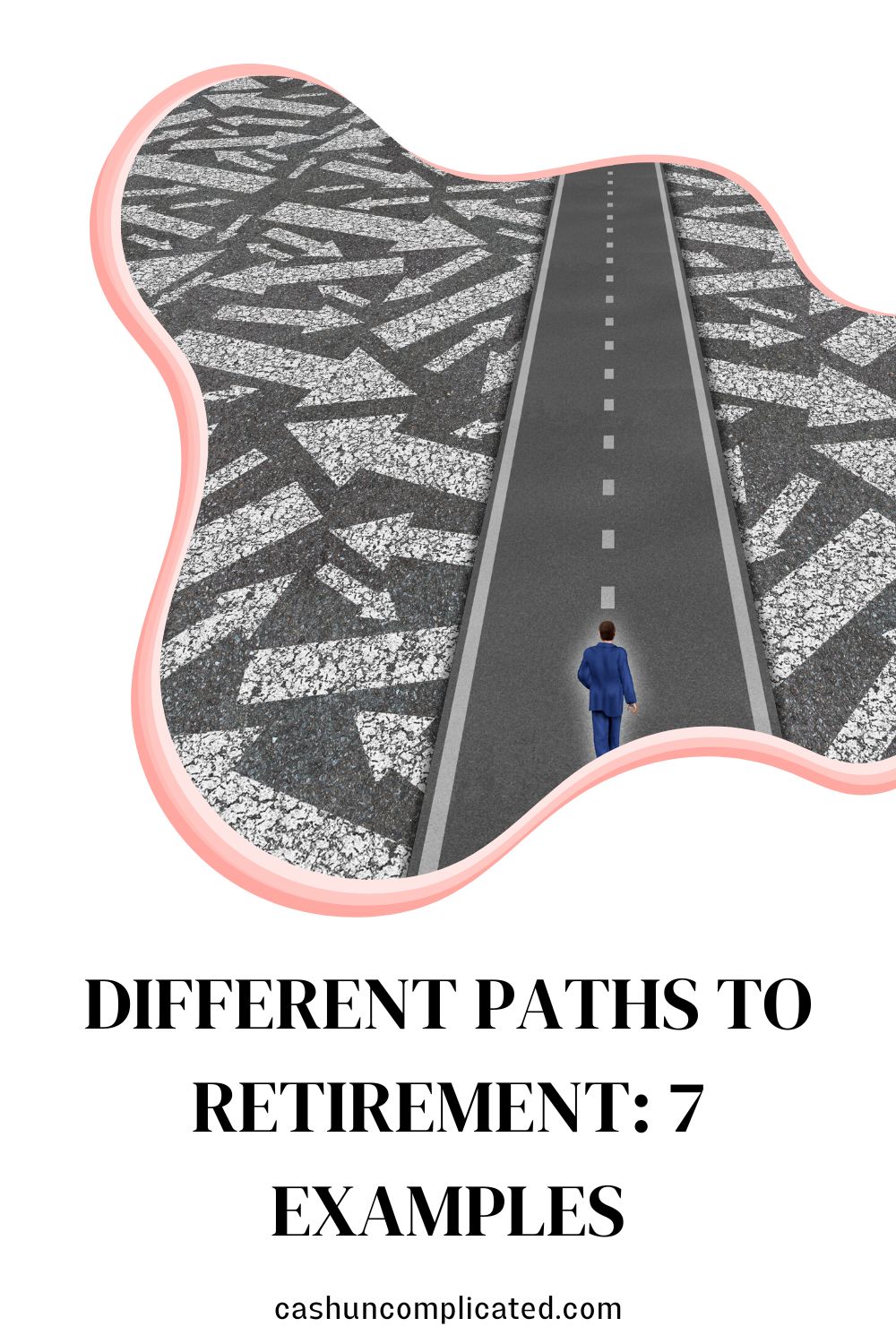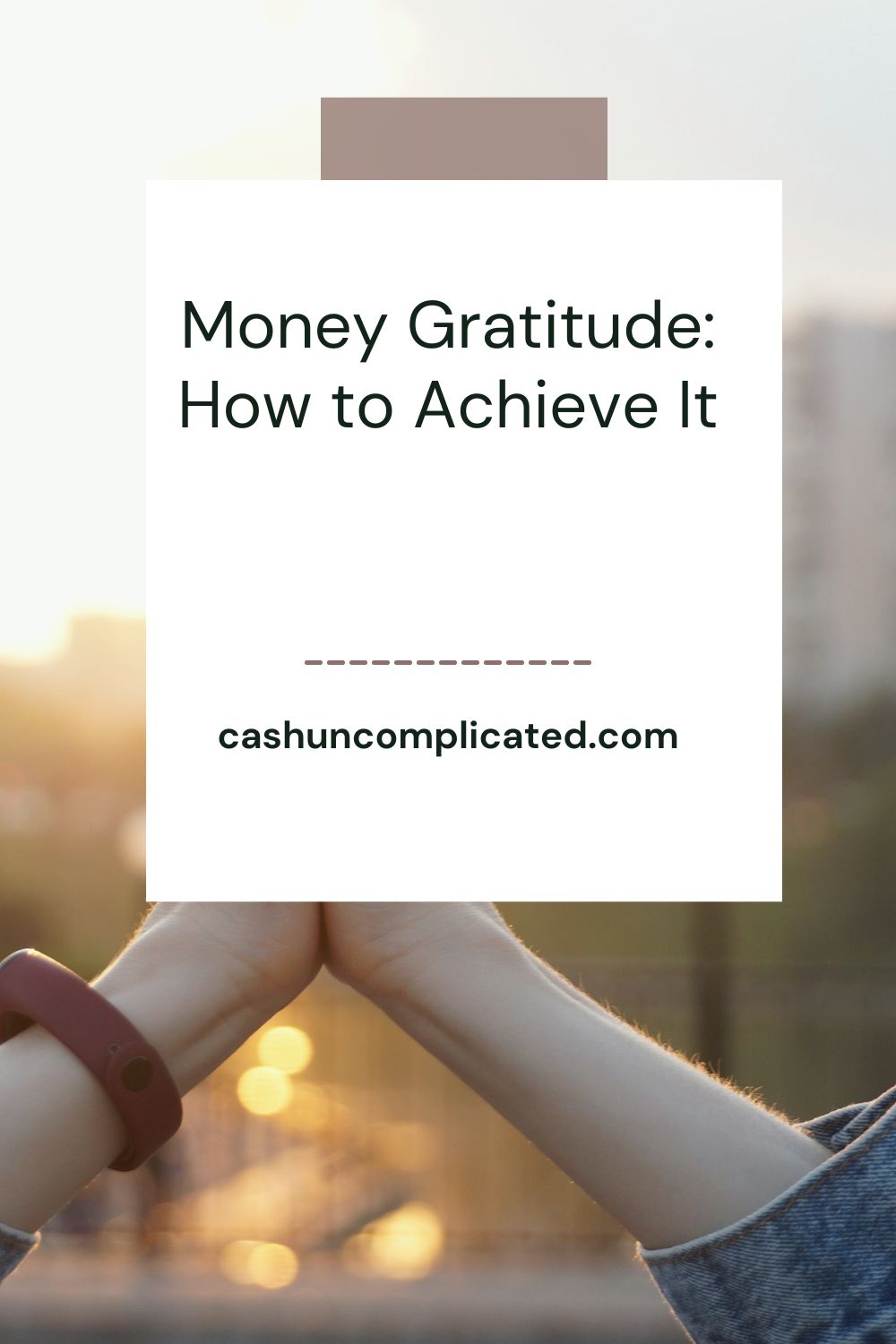Last month I did something I thought about doing for some time. I finally paid off my low interest student loan debt. Big deal you might be thinking. A lot of people have student loans and pay them off. Nothing special there.
Background
The low interest student loan debt I accumulated was a result of my failed attempt at law school. To make a long story short, I went to law school for a semester and some change. When I got my grades the first part of second semester, I made the decision (with the help of the Dean) to leave school.
The law school I attended had an attrition rate and basically my grades were not going to be high enough for me to continue school. So it was in my best interest to leave school and do something else, or try again next year with a clean slate. It was an amicable split and I have no hard feelings or regrets.
Anyways, I chose the something else option, and am glad I did. For the full story about my law school experience, follow this link.
I’ve had the ability to pay off the remaining debt for some time. It’s been under $5,000 for a few years now, which is an amount easily manageable to pay off. The reason I didn’t is the interest rate on the loan was under 2.5 percent–an incredibly low rate. I’m big into optimizing my personal finances by objectively looking at the math and trying to keep the emotion out of it.
Optimization wise, it made little sense to pay off a debt with such a low rate. A rate much lower than inflation and the going rates for most loans today. Plus, there was the opportunity cost to consider as that money could be deployed in better ways that could earn me more money than 2.5 percent.
Why I Decided to Pay It Off
Which leads to the next question. If the optimized move was to keep the debt and use the money for investments that could make me more money, why would I pay it off? The remainder of this post will address that question exactly.
Personal Finance Isn’t Always About Optimization
This is something I learned a few years ago. Personal finance isn’t always about optimization. Sometimes the math says one thing, but practicality says something different. That was the case with this situation.
Even though the math says I should have paid the minimum since this was a low interest student loan debt, I decided not to. I understand it’s not optimized, but I’m ok with that.
Bad Debt
I put debt into two categories: good debt and bad debt. It’s a concept I wrote about in my book Cash Uncomplicated as well as different blog posts. To keep things ultra-simple, good debt is debt that makes you money and/or has the possibility of appreciating. Examples include rental property or a business loan. The proceeds from the investment are making more than the actual debt itself.
For example, if the debt service on a business loan is $1,900 per month and the business is making $8,400 per month after all other costs (materials, paying employees, travel, etc.), there’s a $6,500 ($8,400 minus $1,900) per month profit. Same for a cash flowing rental property with debt on it.
Bad debt is debt that is not making money and/or has no possibility of appreciating. Consumer debt is usually first to come to mind when talking about bad debt. Bad debt is costing you money every month, taking away from your ability to invest and use the money for things you want to use it on.
In my case, I consider the student loan bad debt. Even though it’s given me a return from what I learned in law school, it was not making me any money. Thus, I put it in the bad debt category. In turn, that helped me make the decision to go ahead and pay it off.
Related:
The Nuisance Factor
The balance on my student loans, even though it was low interest student loan debt, was a nuisance for me. I didn’t like having that debt just sitting there, even though the interest rate was very low. Knowing that I had the ability to pay it off, but was choosing not to–started not to make as much sense to me.
Getting monthly statement emails from the student loan provider was a consistent enough reminder that I had this nuisance bill lingering around. Even though it made logical sense for me to keep that debt, the nuisance factor superseded my logical side.
Get it Off the Books and Simplify
Piggybacking on the last section, there came a point in time where I just wanted to get the loan off the books. I like to keep my personal finances simple and the less unnecessary bills, the better. This was a logical bill for me to eliminate and free up a little extra money at the same time.
I believe personal finances can get overwhelming for people. Different investment products are offered, financial gurus try to sell their systems, and the media puts out conflicting information. I know I used to feel this way. That’s one of the reasons I make an effort to simplify whenever possible.
I’m not going to pay off a $100,000+ low interest loan just for the sake of simplification, but it made a lot of sense to pay off less than $4,000 to simplify. Despite it being a low interest student loan debt.
Free Up a Little Money
This one wasn’t nearly as big a factor as the others, but it played into things enough to write about. Paying off the balance of the loan freed up a little more money every month. Nothing to write home about, but enough to notice.
I think that no matter how much money anyone has coming in, it’s always nice to have a little extra. Especially when that comes from paying off a debt. There’s no extra work I need to do, no rent check to cash, and no business to run. It’s just extra money to use how I see fit.
It’s Cleaner
Removing the debt completely was just cleaner. The debt is totally eliminated so I don’t need to think about it, look at it, or address it again ever again. It’s done.
Life can be messy. Things don’t always go as planned, there’s uncertainty, unexpected events occur, and it’s never as neat as we’d like. When I had the opportunity to make something clean, I took it. It’s one thing I could easily control and I took advantage of the opportunity.
The All-Around Positive Impact
Paying off my low interest student loan debt, although not optimized, had an all-around positive impact on my life. And that’s the great thing about personal finance. It involves more than just optimization or always doing what makes mathematical sense–as long as no financial principles are violated.
In my case, paying off the remaining debt felt like a good decision both short and long-term. It was a small stressor removed, cleaned things up, and took a reoccurring bill completely off the books. The all-around positive impact and feeling superseded the optimization.
Conclusion
I had a lot of reasons to pay off my low interest student loan debt early, despite what the math said. Money and personal finance isn’t a one-size-fits all. The beauty is that there are so many ways to win. Some ways are just bigger than others.
That’s why it’s important to assess our values and goals. When we’re clear on our values, we can make decisions based on those values. For me in this case, enough of my values were checked off where it made sense to eliminate this debt. So that’s what I did.
Do you have low interest student loan debt that you paid off early?











